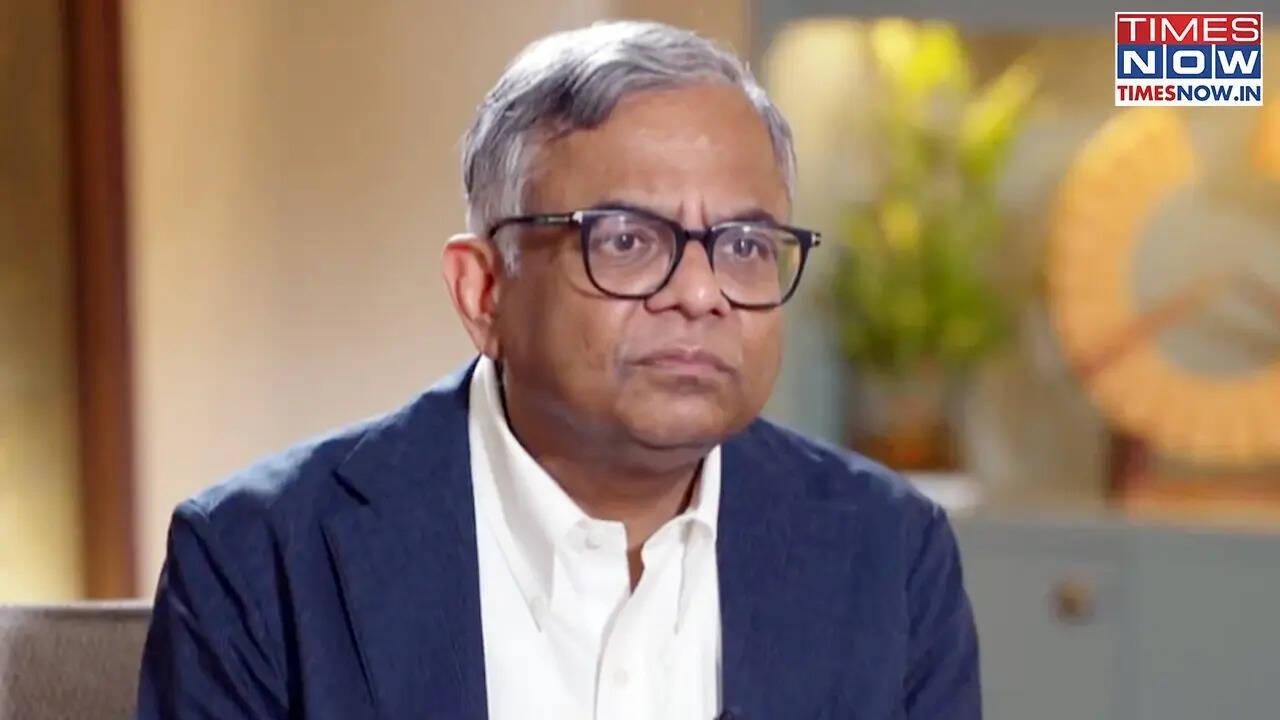
Smarter email, faster business.
Trending
Tata Sons Chairman N Chandrasekaran Defends Singapore Airlines Amid Political Criticism Over Air India Crash

Tata Sons Chairman N Chandrasekaran Defends Singapore Airlines Amid Political Criticism Over Air India Crash
Response to Political Criticism Following Air India Tragedy
Tata Sons and Air India Chairman N Chandrasekaran has issued a robust defense of Singapore Airlines amid mounting political criticism in the aftermath of the Air India Flight 171 crash in Ahmedabad. The tragic accident, which resulted in the loss of 270 lives including 29 on the ground, has intensified scrutiny of Air India’s safety and operational standards. This scrutiny comes at a critical juncture as the airline undergoes significant transformation under the Tata Group following its privatization and acquisition in 2022.
In an exclusive interview with Times Now’s Navika Kumar, Chandrasekaran addressed concerns raised by former Civil Aviation Minister and Nationalist Congress Party (NCP) leader Praful Patel. Patel had questioned Singapore Airlines’ apparent “silence” following the crash, highlighting the airline’s 25.1% stake in Air India and the fact that Air India CEO Campbell Wilson previously held a position at Scoot, a Singapore Airlines subsidiary. Patel expressed his concerns on the social media platform X, suggesting a lack of public response from Singapore Airlines despite its substantial shareholder role.
Chandrasekaran countered these claims by underscoring Singapore Airlines’ active partnership and support, particularly in the wake of the tragedy. He stated, “Singapore Airlines have been a great partner. Since we took over, they have helped us in many dimensions. Even some of the safety procedures and best practices, we have taken from Singapore Airlines.” He further emphasized the close communication between the two entities, noting that Singapore Airlines’ CEO remains in constant contact with him and that the airline has been fully engaged in supporting Air India.
Clarification on CEO’s Role and Partnership Dynamics
Chandrasekaran clarified the nature of Campbell Wilson’s appointment as Air India CEO, dispelling suggestions that he is a nominee of Singapore Airlines. He explained that Wilson was hired directly by Tata Sons and had to resign from Singapore Airlines before joining Air India as an employee. At the time of Wilson’s appointment, Tata Sons held 100% ownership of Air India; Singapore Airlines acquired its 25% stake only after the merger with Vistara. “So he’s not a nominee of Singapore Airlines,” Chandrasekaran affirmed.
Responding to Patel’s criticism regarding Singapore Airlines’ lack of a public statement, Chandrasekaran refrained from commenting on the absence of a press release but reiterated the airline’s commitment and assistance. He highlighted Singapore Airlines’ efforts to support the families affected by the crash and the emergency response teams involved.
Broader Implications for Air India and Indian Aviation
The Air India crash has brought broader concerns about the airline’s safety protocols and operational challenges into sharp focus, especially as it pursues ambitious growth and modernization plans. The incident has also cast a spotlight on the wider Indian aviation sector, prompting stakeholders to evaluate industry standards and regulatory oversight.
Chandrasekaran also addressed a separate issue raised by NCP (SP) Member of Parliament Supriya Sule, who criticized Air India for delays and poor communication on flight AI2971 from Delhi to Pune. Sule’s complaint, posted on X, cited a three-hour delay and inadequate assistance. Chandrasekaran acknowledged the problem and took immediate steps to engage with her, stating, “Yes, I saw the tweet. Immediately, I wanted to speak to her. I was travelling, so I asked my team to reach out to her.”
As Air India continues its transformation under Tata Sons, Chandrasekaran reaffirmed the company’s commitment to enhancing safety, service quality, and transparency. He defended the airline’s partners and emphasized ongoing efforts to address the challenges highlighted by recent events.